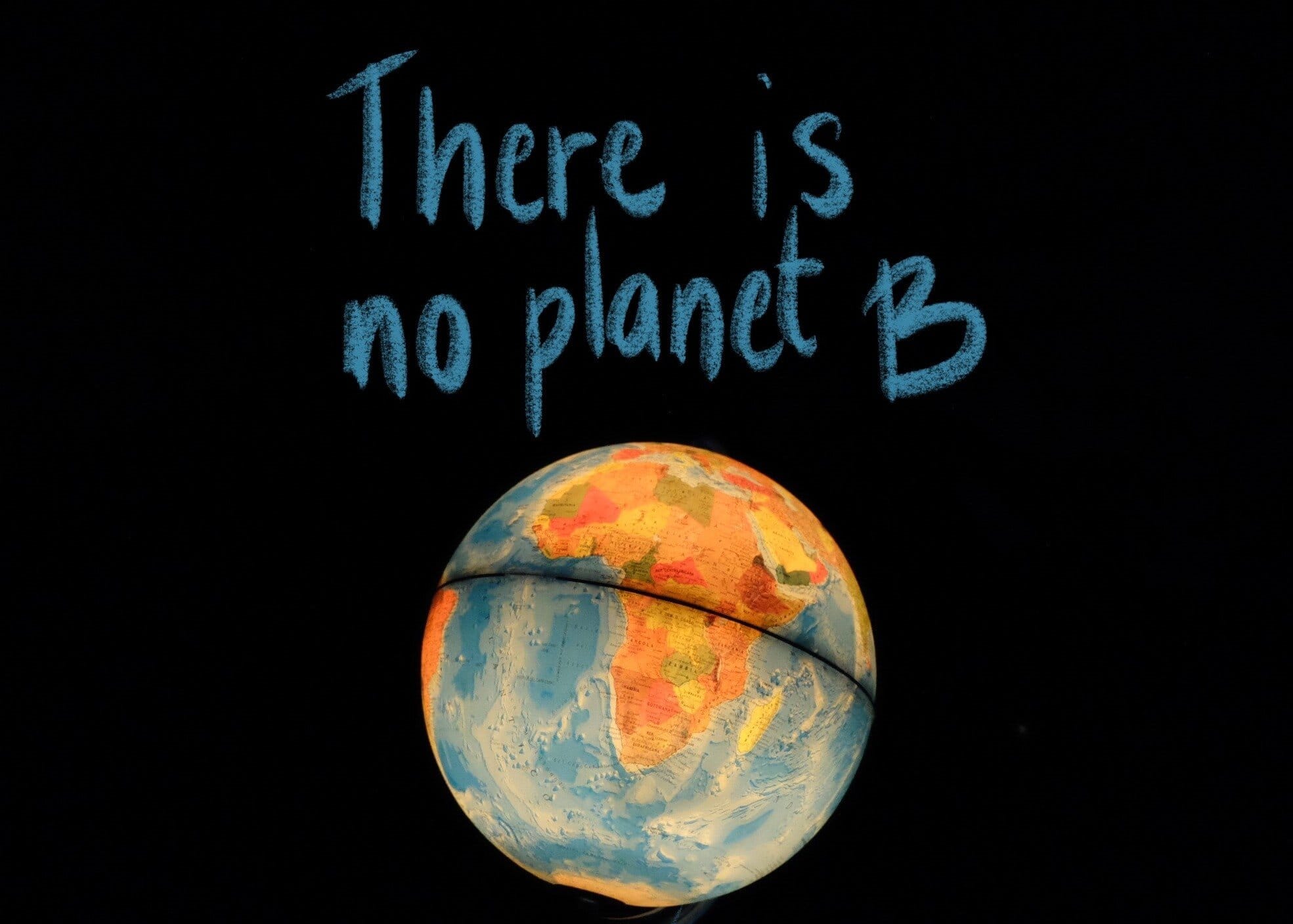What's my carbon footprint?

We all have an ecological footprint, which varies according to the country we live in.
How we consume, what we eat, how we travel, where we go on holiday, ... Everything we do has an environmental impact. For purchases in particular, the impact is not solely based on how we use them, but includes the entirety of their life cycle (from extraction of the raw materials used to make them to their final resting place).
In the same way, all services in our daily lives need to be factored in (internet, public services, emergency services, infrastructure, ...).
Our ecological or environmental footprint is one indicator that allows us to measure what effect humans are having on their environment.
It works out the amount of land and water required both to produce the resources consumed by one individual (or one activity or population group) and to deal with the waste generated.
It can be expressed in global hectares (gha) or, more visually, as the number of planets that would be required if every individual in the world shared the same lifestyle and level of consumption.
Calculating your personal ecological footprint is a good way to get a sense of your own impact.
It's also useful to be able to compare your result to the national average, and see in which areas (accommodation, transport, food, ...) you can reduce your impact.
Calculating your energy footprint
Going further:
- Reduce your personal impact by following the personalised recommendations of the calculators.
- Suggest that your company and friends do the same.
- Ask your canton or town to take environmental impacts into account in their service policies (health, policing, education, and general infrastructure).